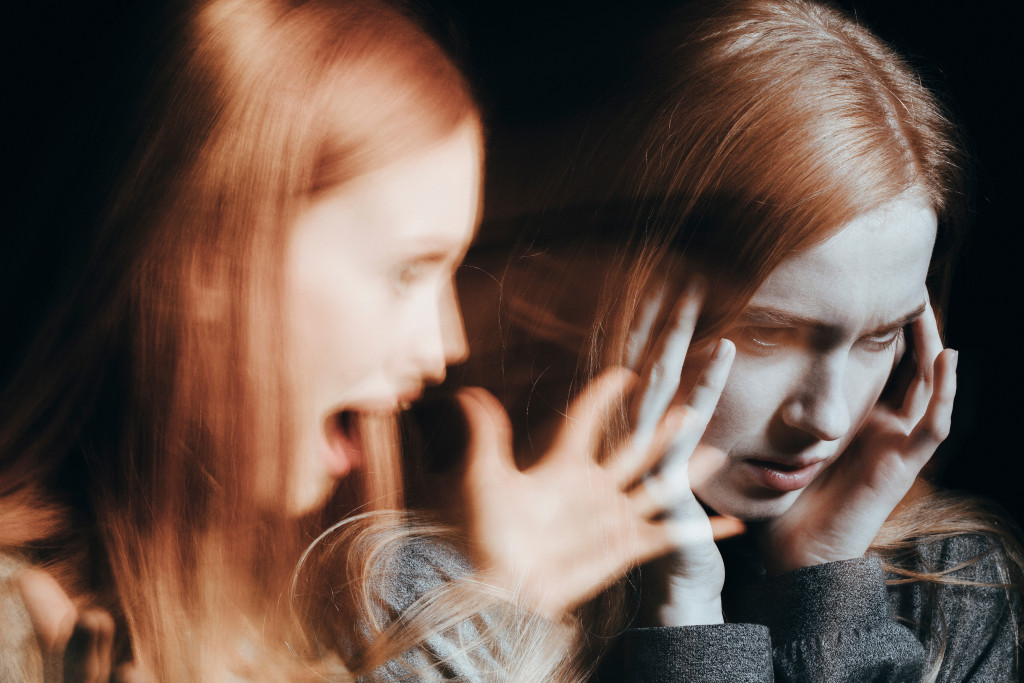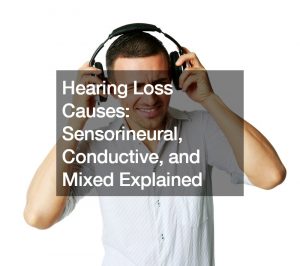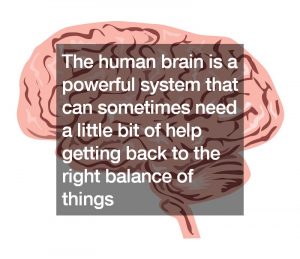Schizophrenia is a mental health disorder that affects how a person thinks, feels, and behaves. It can cause a person to have hallucinations (seeing or hearing things that aren’t there), delusions (believing things that aren’t true), and abnormal thoughts and emotions.
It’s not as common as anxiety and depression. Around the world, approximately 24 million people have schizophrenia. According to existing data, about one in 222 adults have schizophrenia. While it’s more common among adults, children can have schizophrenia, too.
It’s significantly rarer among children, but it happens. And it can have very serious consequences that can affect a young patient’s physical health, emotional growth, and learning skills. But with early diagnosis and treatment, children who have schizophrenia can perform well in school. They also can be good members of society.

What are the symptoms?
There are three types of symptoms that indicate a child might have schizophrenia: hearing voices, having trouble communicating or empathizing with others, and withdrawing from social life. These symptoms typically show up during adolescence but can occur much later on in life as well. Some other signs include saying things that don’t make sense to others; believing there’s more than one person living inside their body; showing little emotion; using words incorrectly; having difficulty thinking clearly; regularly feeling sluggish or tired for no reason; sleeping too much or not enough; and having trouble making friends.
It can be hard to distinguish whether these signs are caused by schizophrenia or normal parts of growing up. After all not all children grow up at the same pace, and not all children think the same way. But if there’s a family history of schizophrenia or other mental illnesses, it might be likely that a child has schizophrenia. It’s also best to consult a professional about their symptoms.
The most common cause of death for people living with schizophrenia is suicide. Up to 15 percent of people with schizophrenia kill themselves. Other risks include drug abuse, stress-related physical problems, and social withdrawal. Schizophrenia can also affect a person’s ability to communicate effectively in social situations.
In children, schizophrenia can have serious effects on their learning skills. They also are at a higher risk for other psychiatric disorders like anxiety and depression. Parents should monitor their children if they show any symptoms of schizophrenia.
What causes childhood schizophrenia?
Scientists aren’t sure what causes schizophrenia, but it’s believed to be a combination of genetics and the environment. A person has a 50 percent chance of developing schizophrenia if one or both parents have been diagnosed with it. And if a child has a parent with schizophrenia, they’re 10 times more likely to develop this disorder.
What kind of tests can diagnose schizophrenia?
There are a variety of tests that a doctor might use if they think a child has schizophrenia, including physical examinations to check general health and appearance; brain scans to check for abnormalities in the patient’s brain structure or function; genetic testing to look for gene mutations associated with schizophrenia; psychological tests to rate the severity of the patient’s illness and evaluate their thought patterns, emotions, and behaviors.
How is it treated?
The traditional treatment for children with schizophrenia is antipsychotic medications like clozapine. Antipsychotic drugs work by decreasing hallucinations or delusions; they also your risk of developing diabetes (which can be a serious side effect of these sorts of medications). A doctor might prescribe other types of drugs like antidepressants if the patient has symptoms like severe depression or anxiety.
What can I do to help?
If you’re not sure what’s wrong with your child, talk to their pediatrician or another health care provider they trust. You can also consult with a mental health professional like a psychiatrist (a medical doctor who specializes in problems involving the brain and mind).
It’s helpful for parents to watch out for changes in children that seem unusual; this is especially true when it comes to emotional issues. If you notice something unusual about your child or behavior that worries you, don’t hesitate to bring it up during an appointment with their pediatrician or mental health professional.
Caregivers can look for patient advocacy foundations and sponsorships that could help them reach out to other families who are suffering from the same mental health disorder and organizations that can offer financial aid for treatment. It would also lead to increased public awareness that would enable earlier diagnosis as well as the clamor for research that would result in better treatment and maybe, eventually a cure.
It’s a very rare, but serious disease that can affect a young patient’s social skills as well as their family life. But with treatment, children with schizophrenia can perform well in school and be good members of society.




